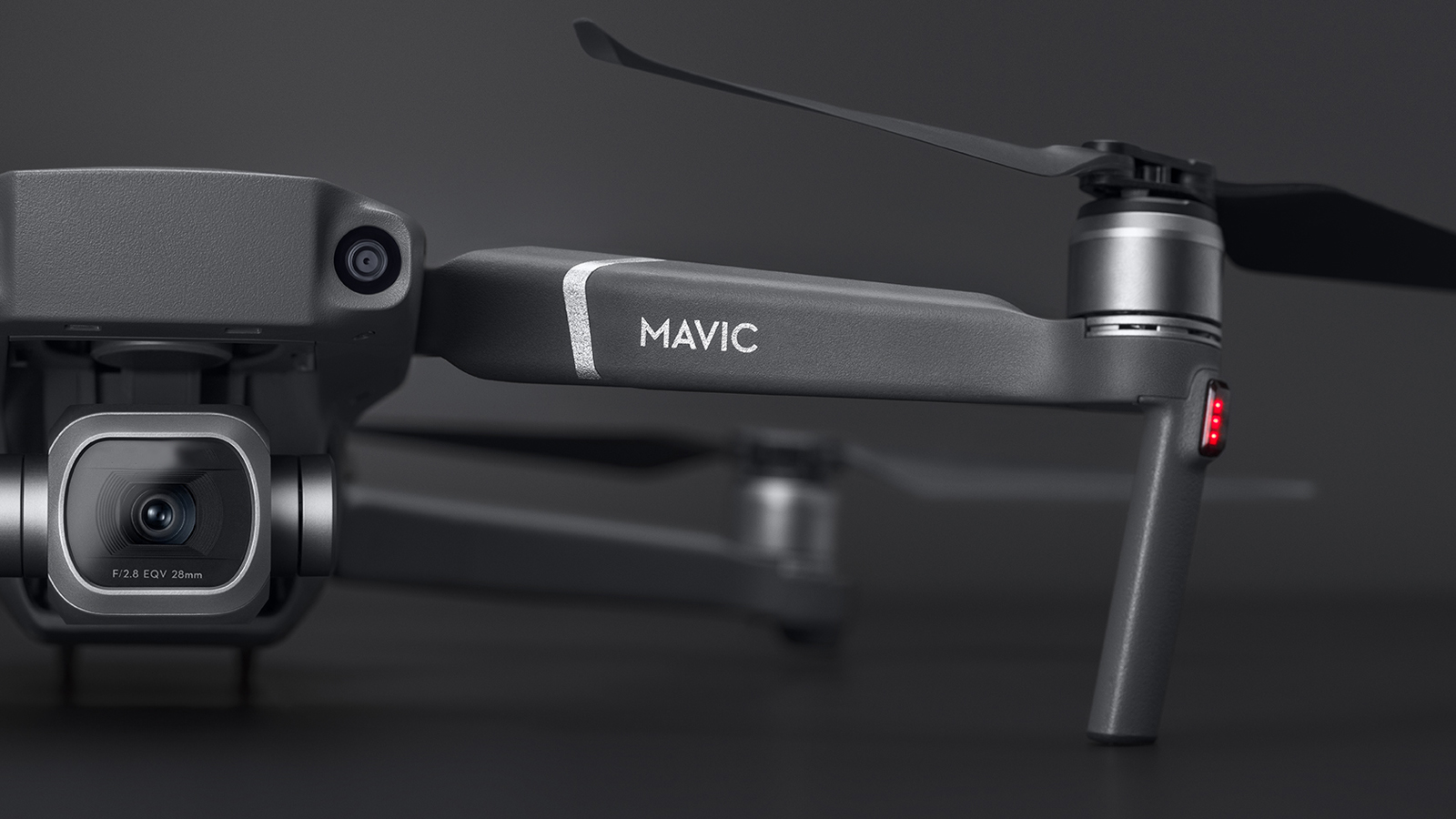Drone maker DJI has responded to news that the US government has placed the company on its ‘Entity List’, the same trade blacklist that Huawei found itself on in 2019.
The US Department of Commerce’s decision doesn’t ban DJI from selling its products, which include popular drones like the DJI Mini 2, in the US. But it will restrict DJI’s access to US technology, which could have knock-on effects for product development and supply chains.
In response to the news, the Chinese company told us: “DJI is disappointed in the U.S. Department of Commerce’s decision. Customers in America can continue to buy and use DJI products normally. DJI remains committed to developing the industry’s most innovative products that define our company and benefit the world.”
The DJI situation has echoes of the Huawei ban in 2019, which saw the phone maker placed on the same ‘Entity list’, albeit for different reasons. This had big knock-on effects for Huawei, which was subsequently unable to run Google Mobile Services or the Google Play Store on its smartphones.
The situation is, though, a very different one from DJI’s drones, and this is the likely to be just the start of another drawn-out tussle.

Is this another Huawei moment?
DJI wouldn’t comment any further on the possible repercussions of being placed on the US ‘Entity List’ and, given the complexity of the situation, it’s impossible to say what the long-term implications are for the company or its fans.
As DJI says, in the short term you’ll still be able to buy its products as usual – alongside drones, this includes popular cameras like the DJI Pocket 2 and gimbals like the DJI OM 4. The question is exactly how reliant DJI products are on US technologies, and how easily it’ll be able continue making new and existing ones following this decision.
Industry analysts, like Drone Analyst below, think there will be a short-term impact on the availability of DJI products. It says that the move “will disrupt their supply chain and cause hardware issues across the market”.
Potentially big change for the drone industry coming in the last stages of the Trump administration. DJI being added to the entity list will disrupt their supply chain and cause hardware supply issues across the market. https://t.co/7TFNG8ckqkDecember 18, 2020
Drone Analyst also thinks that US drone makers, like Skydio, will “move at light speed” to take advantage of the possible disruption to DJI, which means we could see some fresh competition to DJI’s current dominance of the drone market.
But beyond these short-term impacts, it’s not yet known exactly how the decision will affect DJI in the US and worldwide. In Huawei’s case, it was the start of a winding journey that included temporary reprieves, followed by hints from Donald Trump in July 2019 that its ban could be lifted.
The subsequent blocking of backdoor access to Google services on Huawei phones, though, ultimately hit the company hard, which is why it no longer appears on our list of the best smartphones you can buy, despite making some of the best hardware around.
The DJI situation is, though, very different. Unlike Huawei, it’s by far the most dominant player in its sector in the US, and there isn’t a clear parallel for Huawei’s reliance (at the time of the decision) on the Android operating system.
This means that, right now, there’s currently no cause for major concern if you’ve recently bought, or are planning to buy, one of DJI’s drones or gimbals. But the news certainly will have repercussions for the drone market in general, and we’ll be keeping a close on developments to bring you the latest news as it happens.
Today’s best DJI Mavic Air 2 deals
DJI Mavic Air 2 – Drone…
DJI Mavic Air 2 – drone
Lenovo USA
DJI Mavic Air 2
DJI – Mavic Air 2 Drone with…
Show More Deals
